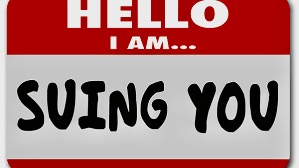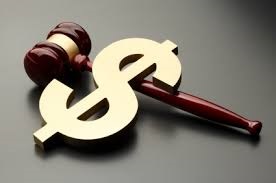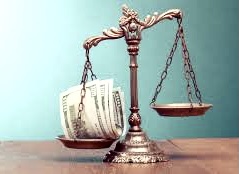
The Supreme Court of Canada dismissed an appeal of the Ontario Court of Appeal upholding a a substantial award of court costs against a lawyer personally for his handling of a case found to be vexatious and an abuse of process. The client was also jointly liable for the costs award (see Paul Slansky v Kingsland Estates Ltd et al February 2,2017 case # 37175).
The amount was assessed at $160,000 at the Superior Court level by Justice Healey 2015 ONSC 6269.
Mr. Slansky was further ordered to pay an additional $30,000 for costs of the appeal.
Justice Healey applied Ontario Rule 57.07 of the Rules of Court that allows the Court to order lawyers to pay costs personally when they ” cause costs to be incurred without reasonable cause or to wasted by undue delay, negligence or other default.”
The trial justice stated that ” Mr. Slansky counselled the plaintiff or otherwise allowed his client to proceed with a series of unmeritorious steps and to take unreasonable positions to achieve goals in this action.”
The Justice stated that the second action did not have a ” scintilla of merit” and that it was the most ” vexatious and abusive” claim she had ever ruled upon.
In 2007 the client Donald Best , before he was represented by Mr. Slansky sued 62 defendants for negligence and economic loss.
In the course of the proceedings Mr. Best was found to be in contempt of court and served 60 days in prison.
Mr. Best continued to assert allegations that were found to be baseless and vexatious and an award of full indemnity for costs was ordered against him (2013 ONCA 695).
Mr. Best then commenced a second action against 39 defendants where he was represented by Mr. Slansky, who alleged misconduct on the part of the opposing lawyers, police and private investigators.
Many of the allegations in the second law suit were similar or identical to the first court action that was found to be baseless, vexatious and an abuse of process.
Many in the legal profession are concerned about the reasoning of the court as it may act to deter and punish lawyers who take on “difficult cases”.
The decision has pointed out the fine line between lawyers taking on unpopular or difficult cases that might require the lawyer to adopt aggressive tactics, so that lawyers will therefor have to constantly evaluate whether their actions are consistent with their ethical obligations.




